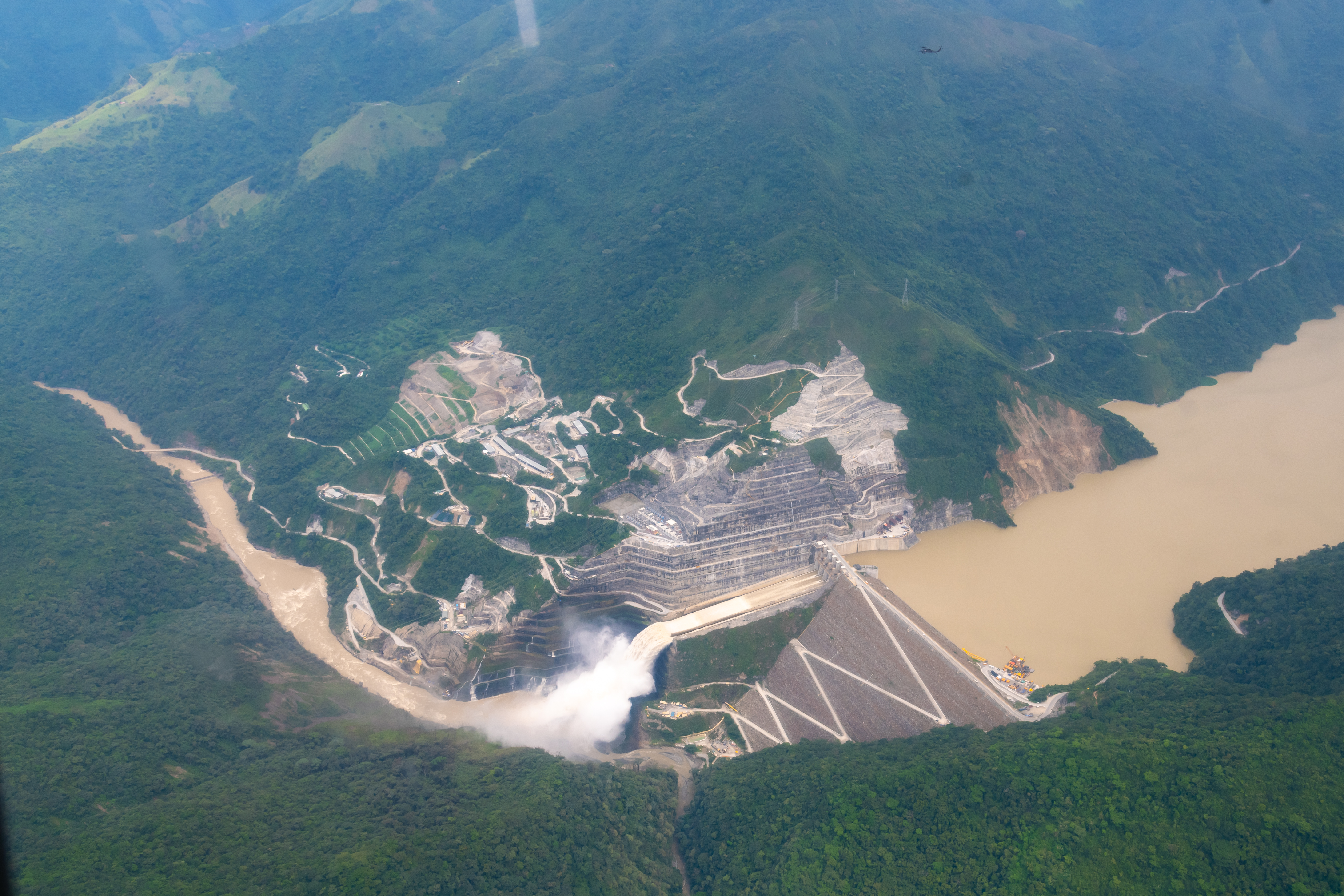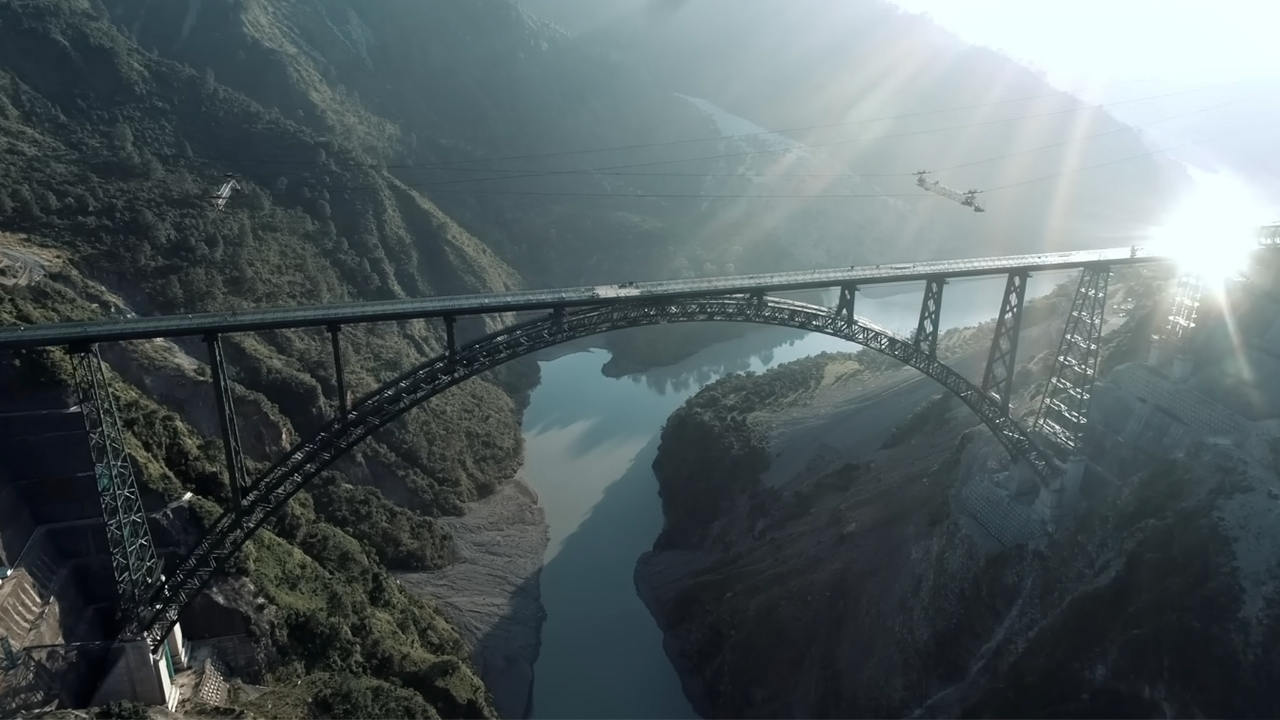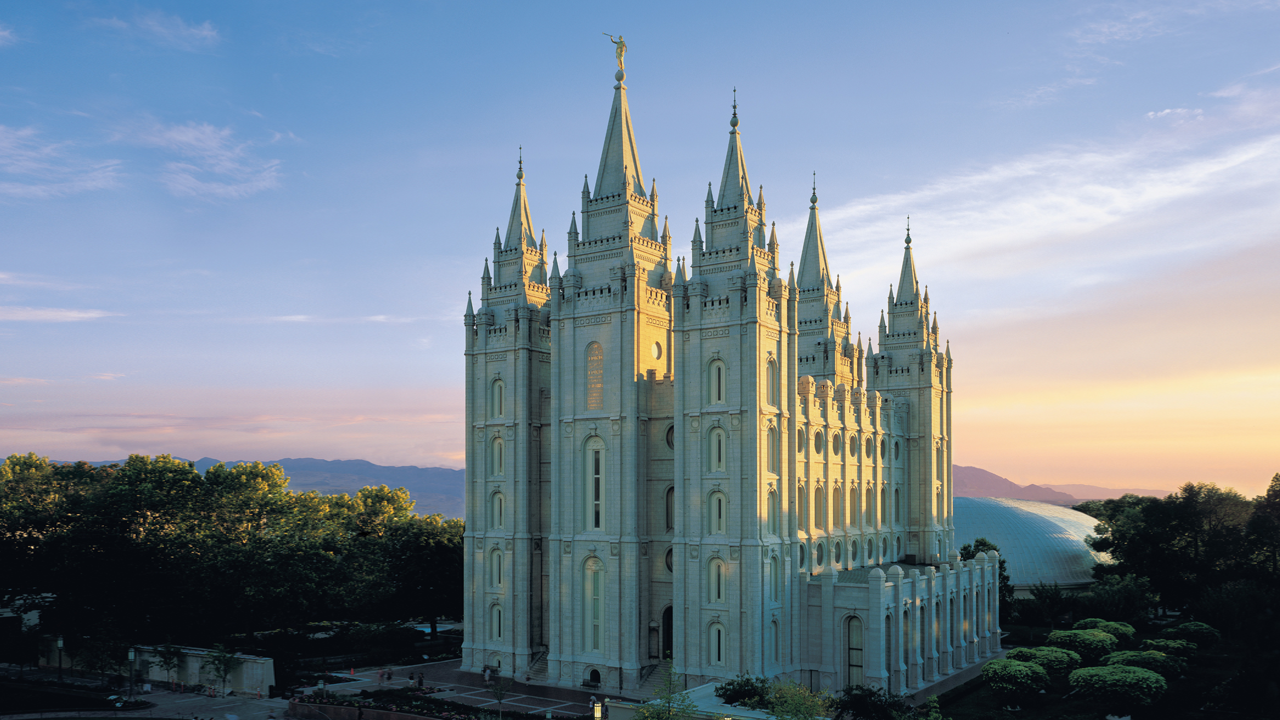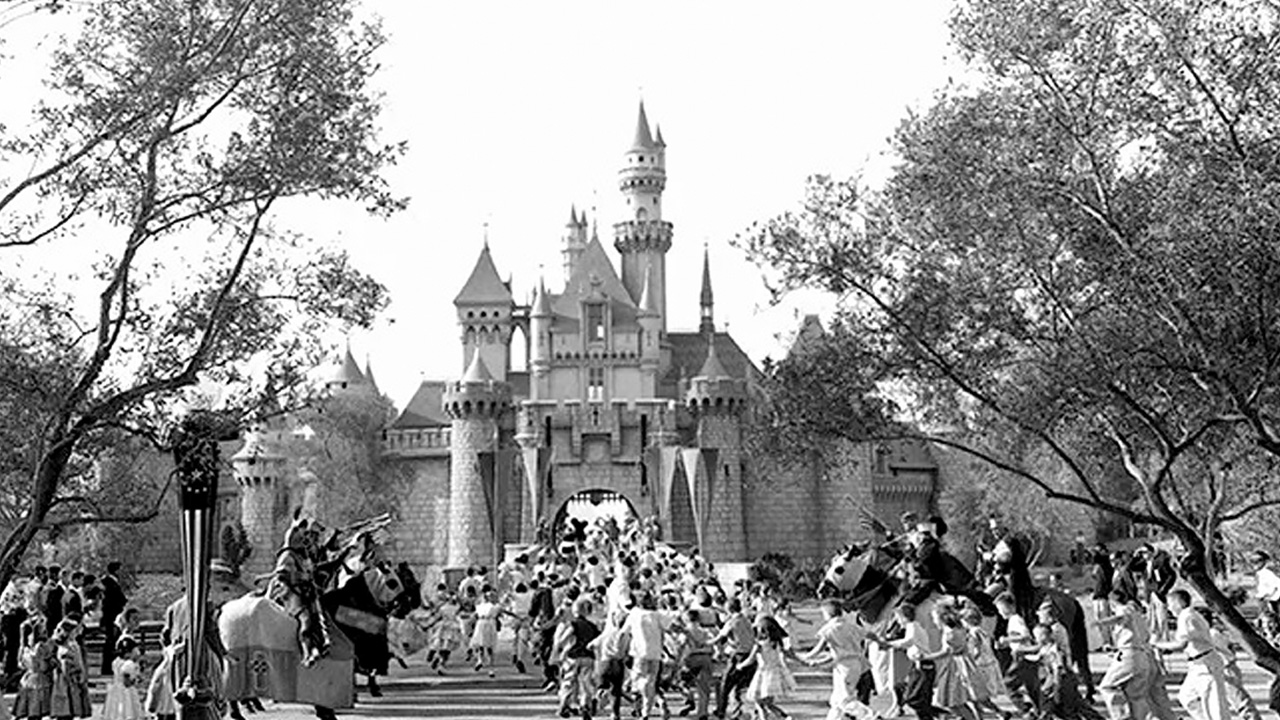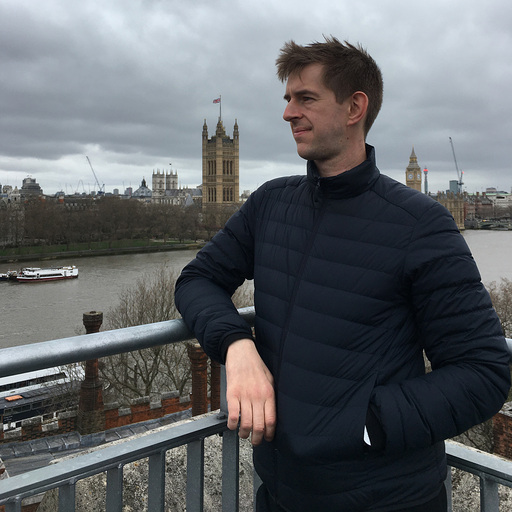The $17BN Plan to Make Iraq a Logistics Superpower
- Youtube Views 2,265,908 VIDEO VIEWS
Video hosted and narrated by Fred Mills. This video contains paid promotion for Odoo.
THE AL FAW PENINSULA, a small and seemingly insignificant stretch of land overlooking the Persian Gulf, is on track to become a pivotal hub in global trade. The 20-kilometre strip is in fact Iraq's only access to the sea and is central to the country's goal of becoming a major player in global shipping.
For over 150 years, the Suez Canal has been the primary route for goods shipped between Europe, Asia, and other regions. However, due to concerns about congestion and security in the Red Sea, experts are looking into alternative routes. Iraq aims to offer a solution by constructing a new maritime infrastructure project.
The centerpiece of this strategy is the Al Faw Grand Port, an ambitious development designed to rival the world's busiest shipping lanes. Although engineers have faced significant logistical challenges, the port is expected to be one of the largest deep-water facilities in the world once it's finished.
Geographical Advantage
At just 58 kilometres, Iraq's coastline is dwarfed by its 3,600-kilometre border. However, this limited coastal access offers a chance for the country to position itself as a key link in global trade. The deep-water port, currently under construction, is key to this vision and will be able to handle some of the world's largest container ships.

Above and Below: Positioned between Kuwait and Iran, the relatively small Al-Faw Peninsula is Iraq's only contact with the sea.

Two massive container terminals are at the heart of this project. An artificial island will act as a container yard, and a surrounding wharf is being built to accommodate docking vessels.
Construction on the wharf began in 2020, with engineers employing cantitravel, an advanced piling technique. This method involves driving piles into the seabed while extending a platform forward, which reduces reliance on boats and the risks posed by marine conditions.
The first section of the wharf, with five berths, was completed in 2024, marking a significant step in Iraq's infrastructure goals.

Above: Construction work on the Al Faw Grand Port.
Building a port of this scale requires not just advanced engineering but also sophisticated financial management.
Construction demands precise coordination of resources, especially since Iraq lacks enough local quarry materials for traditional rock-based reinforcements.
Concrete Mattresses
One of the biggest challenges is port scour — erosion caused by the thrust of large container ships in narrow waterways. Typically, this is addressed by lining port structures with heavy rock armour, but Iraq's limited quarry resources made this impractical.
Instead, engineers opted for concrete mattresses, fabric containers filled with concrete, to create a durable protective barrier.

Above: How concrete mattresses can be used to strengthen port sides and protect against port scour.
Unlike rock armour, which must be installed before wharf decks, the concrete mattress can be applied at any stage of construction. This has sped up development and cut material costs significantly.
The first 1.7-kilometre stretch of wharf, initially estimated to need 430,000 cubic meters of rock, used just 26,500 cubic meters of concrete. This efficiency allowed construction to be finished ahead of schedule in 37 months.
Digging Deep
Keeping port structures intact is one challenge; maintaining water depth in a dynamic marine environment is another. The water around the Al Faw peninsula is shallow. The port's water is being dredged to 17 meters, including a turning basin and a 400-meter wide, 24-kilometre long channel leading out to sea.
This dredging will extract a massive 142,000,000 cubic metres of earth, but marine conditions could refill it. Al Faw lies in a delta where the Shatt al Arab river meets the ocean. The tide pulls sediment from the river across a vast area. Additionally, sandstorms in the nearby desert blow sand out to sea, which washes back into the area.
To prevent the dredged channels from refilling, a massive 14.5-kilometre breakwater was built. This breakwater, the world's longest, even needs a secondary breakwater to protect the port's entrance from waves.
Faced with the same lack of rock as the wharfs, the breakwater solution was sheer numbers: over 100,000 CORE-LOC units were installed over five years, costing USD $591M. The size of this structure highlights the extent of sediment washing into the site from the nearby delta.

Above: The giant breakwater at Al Faw.
Construction on this initial phase is nearing completion, and the first ships are expected to dock at Al Faw later this year. However, work on the project will continue for many more years. Along with facilities for shipping containers, berths are being built to transport dry bulk goods.
Phase two will see industrial facilities like a steel mill and oil refinery, and phase three will expand the nearby town of Al Faw with housing, mosques, and a commercial center.
It's unclear when Al Faw Port will operate at full capacity. Estimates vary, and the General Company for Ports of Iraq didn't respond to inquiries. However, if accurate, the estimates are impressive.
The port will open with just five berths, handling 3.5m shipping containers, but that's expected to more than double by project completion. While 7.5m containers a year isn't that high globally, when all goods facilities are done, Al Faw will process 99 million tons of cargo annually, making it one of the world's biggest ports.
This is one reason Iraqi officials hope the port will usher in a new era for the country and shift the regional power balance. The other reason is more land-based.
Iraq Development Road
Dubbed the 'dry canal', the vast Iraq Development Road is a 2,000-kilometre, USD $19.9BN motorway and railway that will link Al Faw to Turkey.
Design work on the road finished in September last year, and it's not expected to be complete until 2038. Still, when operational with the port, it could cut 11 days off journey times compared to the Suez Canal.

Above: The strategically positioned Iraq Development Road could open an alternative trade route to the Suez Canal.
That's attractive to shipping companies seeking to avoid the Suez Canal. Shipping volume in the Suez has been hit hard by piracy in the Red Sea in recent times.
Last year, revenue dropped by nearly half as ships opted for the detour around the Cape of Good Hope. The Ever Given grounding also highlighted the risks of relying on a single trade route.

Above: The Suez Canal.
Egypt's loss, as the thinking goes, will be Iraq's gain. Controlling part of the global shipping industry brings significant wealth and power. Nearly one in three shipping containers goes through the Suez Canal, and 2% of Egypt's GDP comes from operating it. In Panama, the site of the world's other major shipping canal, that figure is over 5%.
For Iraq, hosting such a vital link in the global supply chain could bring stability, wealth, and even transform it into a regional power broker.
However, even by its most ambitious estimates, Iraq's "dry canal" isn't expected to fully replace the Suez. Rail is faster but more expensive than sea freight and can't match Suez's capacity. Even in 2021, the year of the Ever Given grounding, the canal shipped a record 1.27BN tons of cargo, far beyond Al Faw's design.
There's also the issue of security in Iraq. While it has improved, pockets of Islamic State and Kurdistan Workers' Party fighters remain active, and the latter have attacked pipelines between Iraq and Turkey.
Infrastructure can improve lives in ways we often don't appreciate, and sometimes a well-planned intervention can redraw the world map. Over the next thirteen years, the Al Faw peninsula will change dramatically. Whether it can transform an entire country remains to be seen.
This video and article contain paid promotion for Odoo.
Video narrated and hosted by Fred Mills. Additional footage and images courtesy of BBC News, Proserve, TRT World.
We welcome you sharing our content to inspire others, but please be nice and play by our rules.
